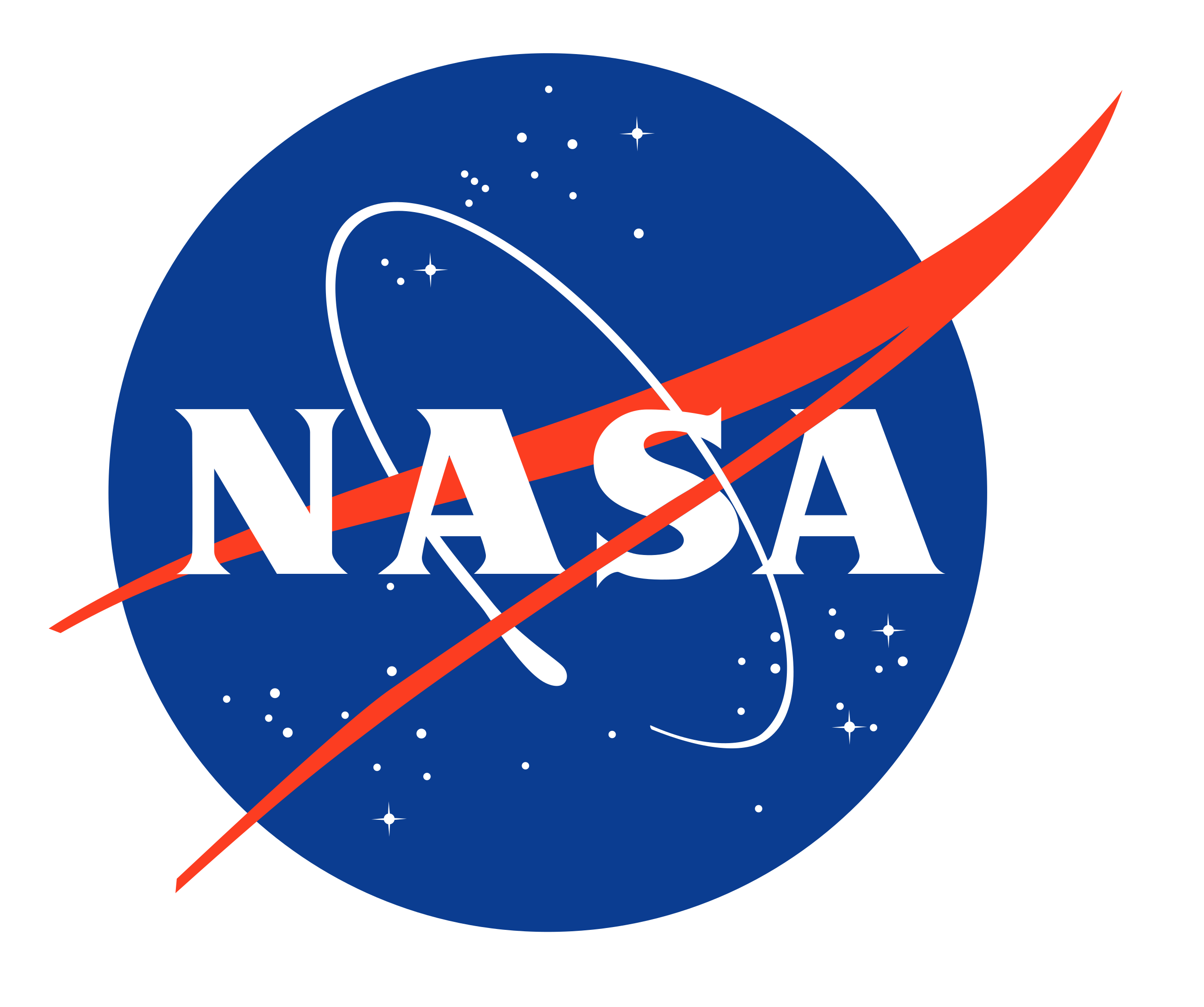
Credit: NASA/JPL-Caltech/D.Fadda (SSC-Caltech)
Chart • January 25th, 2008 • sig08-003
sig08-003
This is a representation of galaxies in and surrounding a galaxy cluster called Abell 1763. The placement of each dot is based on the actual coordinates of galaxies in the region. Blue dots are active star-forming galaxies; red dots show galaxies that are not actively forming stars.
Galaxies across the universe reside in cosmic communities big and small. Large, densely populated galactic communities are called galaxy clusters (highlighted in the orange circle). Like cities on Earth, galaxy clusters are scattered throughout the universe and are connected by a web of dusty highways called filaments (highlighted in purple). Smaller galactic communities are sprinkled along the filaments, creating celestial suburbs.
Over time, astronomers suspect that all galactic suburbanites make their way to a galaxy cluster by way of filaments. Observations from NASA's Spitzer Space Telescope show that filamentary galaxies form stars at twice the rate of their densely clustered counterparts.
About the Object
- Name
- Abell 1763
- Type
- Galaxy > Grouping > Cluster
- Distance
- 900,000,000 Light Years
- Redshift
- 0.223





